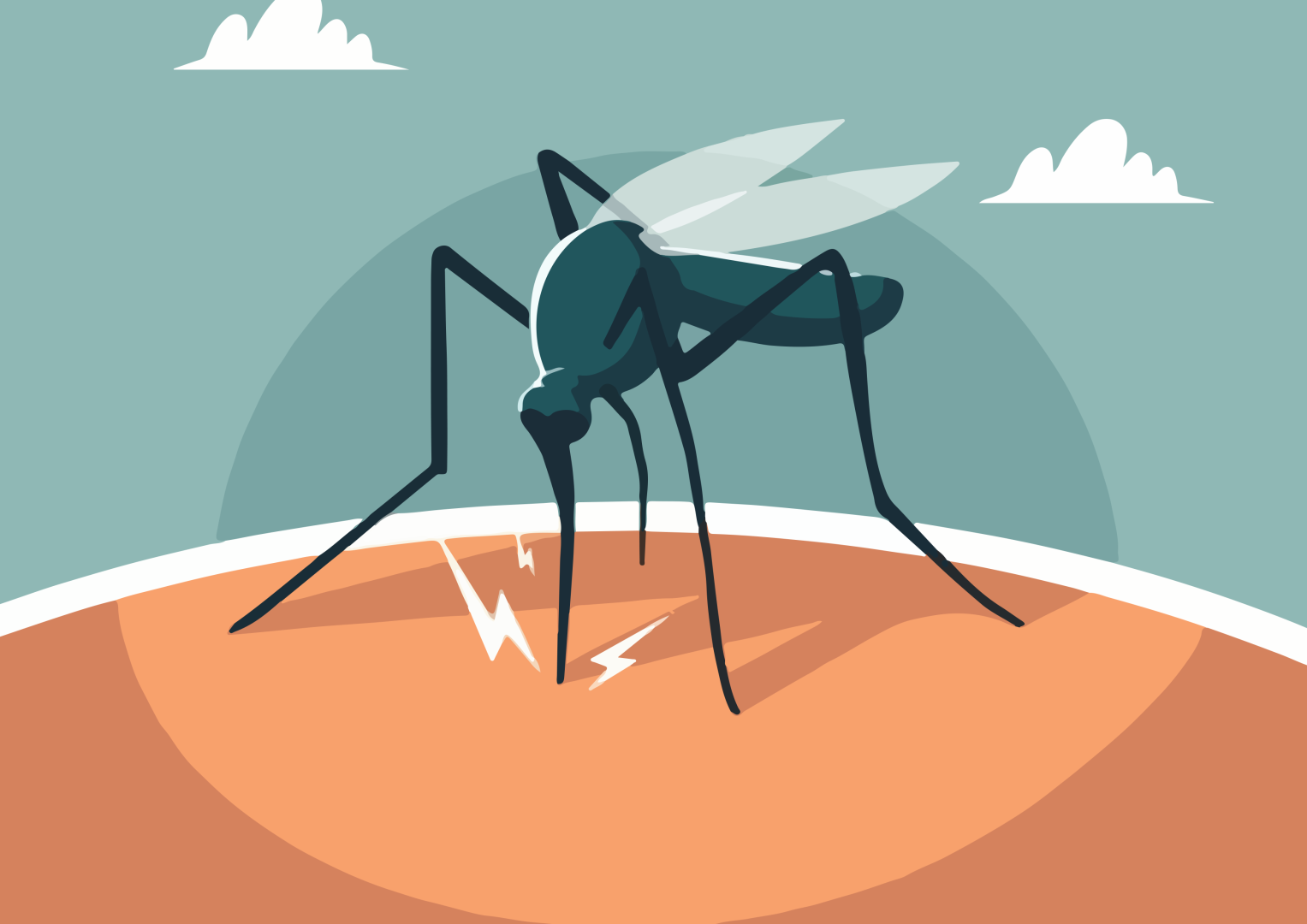Some patients may all of a sudden experience deterioration in their symptoms after 3-7 days of disease onset. Here are warning signs that you dengue is getting worse

As dengue cases witness a rise amid humid weather conditions, it is important to understand how this disease can affect your body and when exactly hospitalisation is required to prevent it from turning fatal. Dengue can be quite unpredictable and the signs and symptoms of the disease must be monitored closely for preventing disease progression and ensuring full recovery.
The viral infection is transmitted to humans through bite of an infected mosquito. According to WHO, the virus that causes dengue is called dengue virus (DENV) and there are four serotypes of it due to which it is possible to get infected by it four times in your life.
How to know if you have dengue
You can suspect having dengue when high fever is accompanied by any of the symptoms like severe headache, pain behind the eyes, muscle and joint pain, nausea, vomiting, swollen glands, or rash.
How to know if your dengue is worsening
After 3-7 days of onset just when the fever is dropping, some patients may all of a sudden experience deterioration in their symptoms and develop severe dengue. Severe dengue is a potentially fatal complication due to plasma leaking, fluid accumulation, respiratory distress, severe bleeding, or organ impairment.
"Certain important signs and symptoms that everyone must recognise, so called ‘warning signs of dengue’ for early hospitalisation and preventing disease progression include recurrent vomiting, bleeding from different sites such as gums, increased menstrual flow, red coloured urine, blood in vomit, etc. Persistent pain abdomen/discomfort, shortness of breath, not being able to pass urine, dizziness, cold extremities, palpitations, confusion, seizure episode and low oxygen saturation also called for quick hospitalisation," says Dr Ajay Agarwal, Director & HOD - Internal Medicine, Fortis Hospital, Noida.
Apart from the quick hospitalisation of people experiencing the above mentioned symptoms, there are certain high-risk groups of people who need to be closely monitored for complications of dengue fever.
"These include pregnant females, infants, obese individuals and people with diseases such as coronary artery disses, G6PD deficiency disease, thalassemia, peptic ulcer diseases, bronchial asthma, hypertension, diabetes mellitus, COPD and long-standing hypertension, immunocompromised individuals, etc. People taking steroids, antiplatelets or anticoagulant drugs also need close monitoring during dengue fever," says Dr Agarwal.
THREE PHASES OF SEVERE DENGUE
Phase 1 - Febrile phase: It is characterised by fever, myalgia, joint pain, retro-orbital pain, redness of the eyes, nausea, vomiting; patient may have mild bleeding tendencies and it lasts for 2-7 days.
Phase 2 - Critical phase: Fever subsides and there may be accumulation of fluids in body cavities due to damage to blood vessels. Unawareness of warning signs may lead to development of organ function derangement. The phase begins on the fourth day of illness and may last up to the seventh or eighth day.
Phase 3 - Recovery phase: It starts 48 hours after the critical phase and there is improvement of general well-being in the patient. It may be characterised by development of rash and improvement in blood investigations.